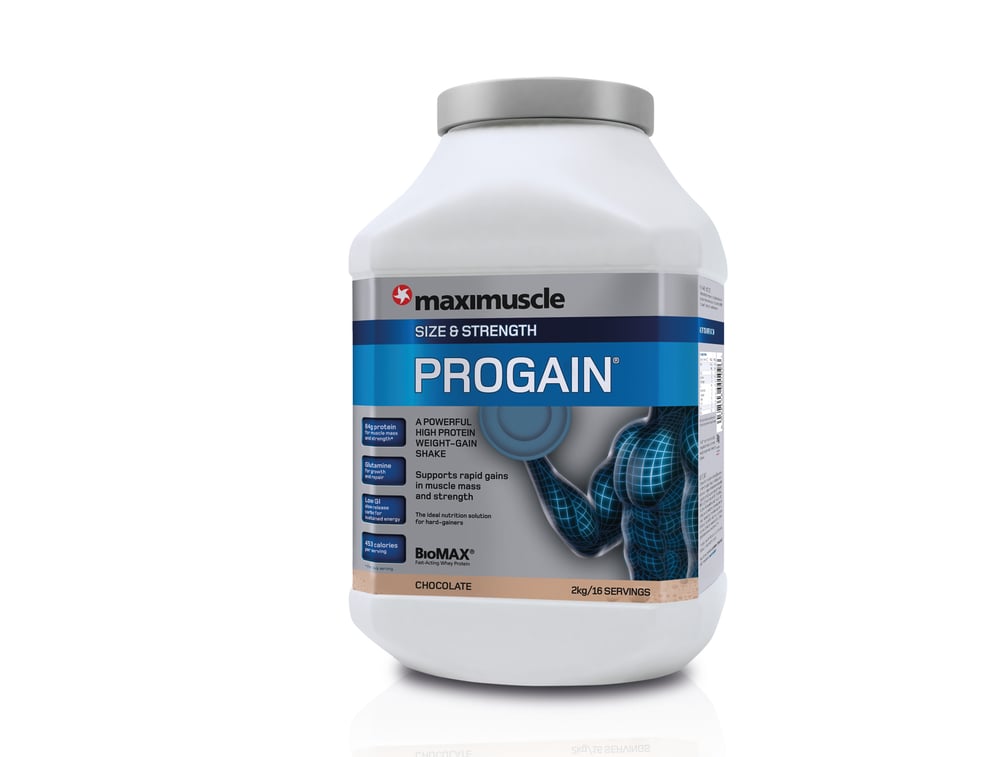
Issue 099
March 2013
Fighting like a heavyweight is easy when your diet is balanced
GARETH NICHOLAS
Gareth Nicholas is part of the elite sports nutrition team at Maximuscle. Every edition he’ll tell you how to eat your way to victory
For a large percentage of fighters and gym goers, making weight is often about losing weight; trimming down to that all-important fighting weight whilst retaining the power and strength gained from weeks of hard training. For most people training, the idea of building size whilst maintaining or losing body fat is key. This issue, let’s look at how to manipulate your diet to build muscle size whilst also getting the physique of a pro fighter.
Carbs to go, Protein to grow
On more than one occasion over the past year I’ve found myself quoting ‘carbs to go, protein to grow,’ meaning that, for a fighter, carbohydrate is required to help maintain training intensity, improve performance and support your immune system; whereas protein is required to aid recovery and stimulate muscle growth.
Training with a limited carbohydrate store will cause the body to utilise protein, either as a nutrient or breakdown muscle tissue for energy. Going completely against what any fighter wants. But what do you need and when?

Carb confusion
You only have to put the words ‘carbohydrate diets’ into an internet search engine and you are bombarded with various views, opinions and approaches to carbohydrate in the diet. Trying to make sense of it all and putting together your own nutrition plan can be confusing.
The government-recommended dietary reference intakes (DRIs) suggests that your diet should be 45–65% carbohydrate based. For a fighter, that equates to 5–12g of carbohydrate per kilogram of body weight per day, but the range is dependent upon the energy demand or level of activity. For example, a 75kg fighter, focused on increasing muscle mass, would consume approximately 375–900g of carbs on their heavy training days.
Any carbohydrate intake should be split throughout the day but with specific focus on having carbs at breakfast (to replenish the fasted state), before (prepare for exercise) and immediately after (replenish what has been used) training. At each of these times you should include at least 1g of carbs per kilogram of body weight.

Protein profusion
Proteins are essential molecules that contribute to virtually every process within our cells. For that, the government DRIs recommendation is to consume 0.8g of protein per kilogram of body weight – easily achieved within a standard diet.
Going back to my ‘protein to grow’ quote, protein is also vital nutrient for muscle repair and growth. The required amount, similar to carbohydrate, needs to match the exercise demand or desired goal. To support this, I would recommend that a fighter should consume between 0.8–2g of protein per kilogram of body weight.
The total protein intake should ideally be spread into 20–30g feeds, every two hours throughout the day; ensuring that a fighter consumes 20–30g immediately after exercise to aid recovery.

Start and finish with diet
Any nutrition plan that you put in place should be healthy and well balanced. Here are my top tips to a fighting fitness nutrition plan:
• Eat five to seven meals daily
• Consume protein-rich foods – meat, beans, fish
• Regular carbohydrate intake of low-sugar-based starchy carbs – wholegrains, pasta, sweet potato
• Three sources of vegetables daily
• Two pieces of fruit daily
• Restrict your fat content to 10–15% of total daily calories
Where nutritional gaps appear in your diet, as an alternative, or as a choice of convenience, sport nutritional supplements could provide the support you need. At Maximuscle we have a ‘Size & Strength’ category of products to help this. Progain is a range within this category that’s calorie dense. Both the shake and flapjack are high in protein but with added carbs and fat – a convenient way to consume calories.
Feed your performance
A fighter’s diet should reflect the desired goal, be individual specific, well balanced and healthy. Anyone can put on the wrong type of weight but for most, increasing your muscle mass and reducing body fat is the ambition.
The old adage is one to remember ‘no input, no output.’ If you want muscle growth, exercise is important but nutrition is the key.
...









